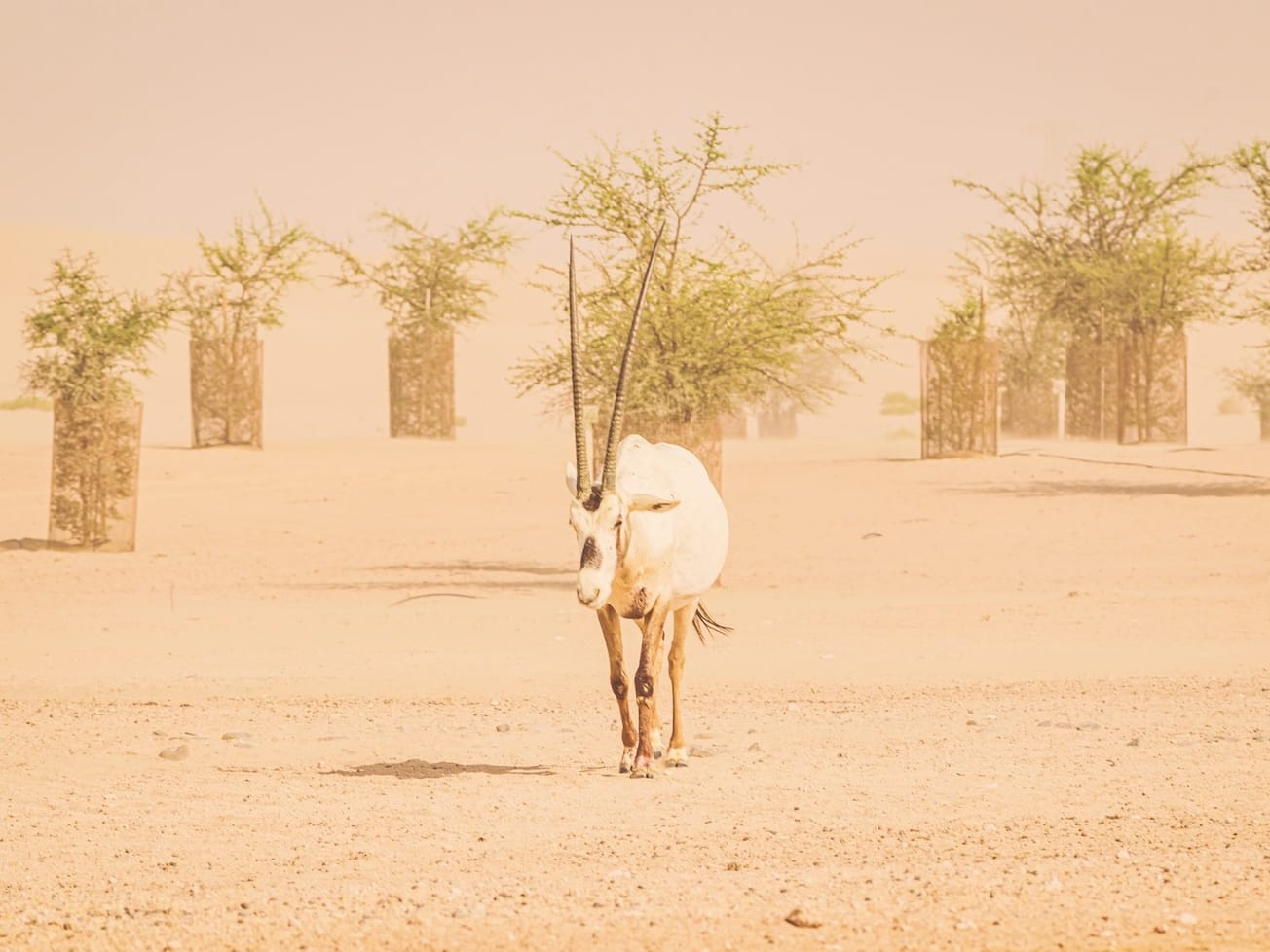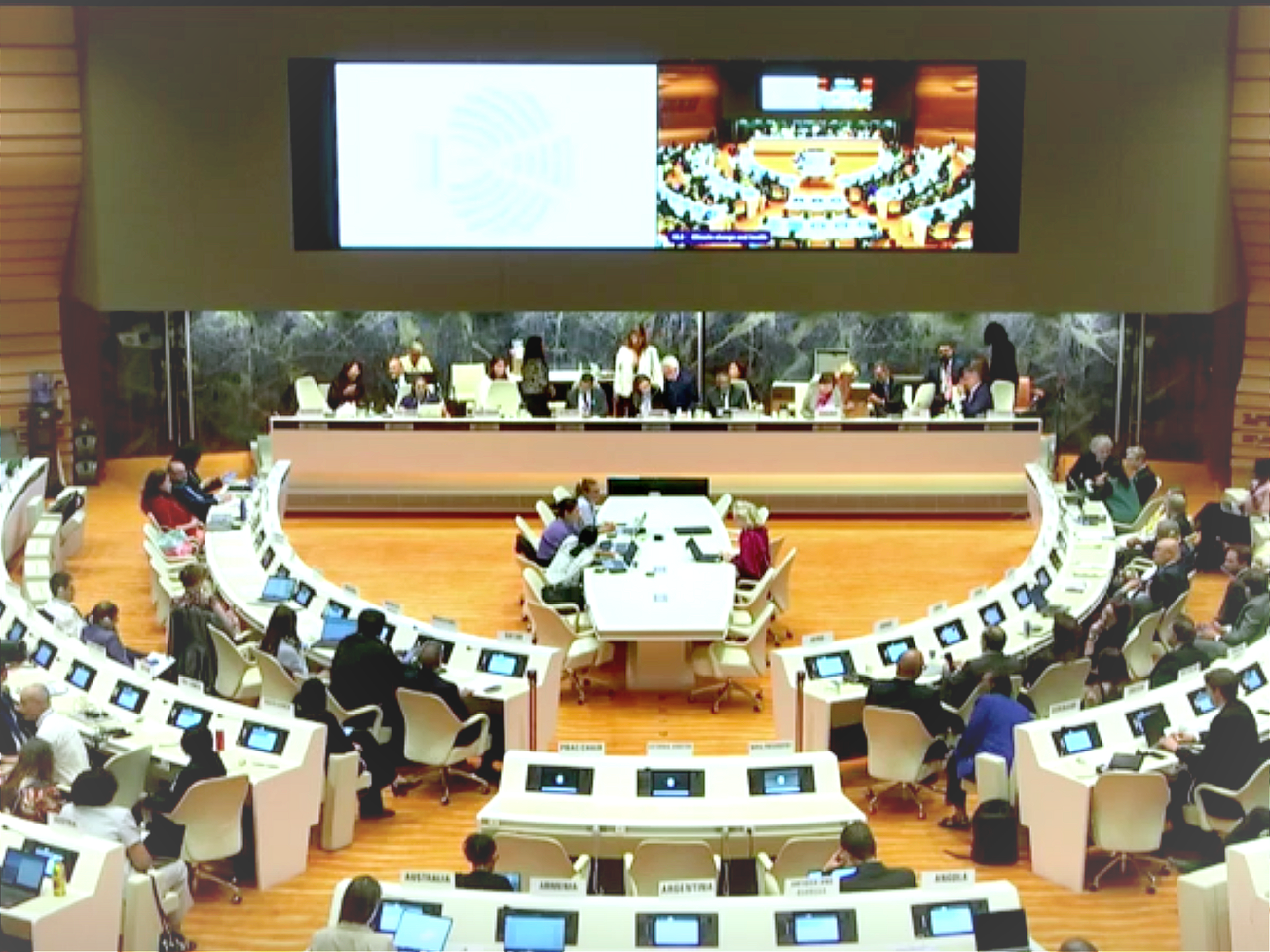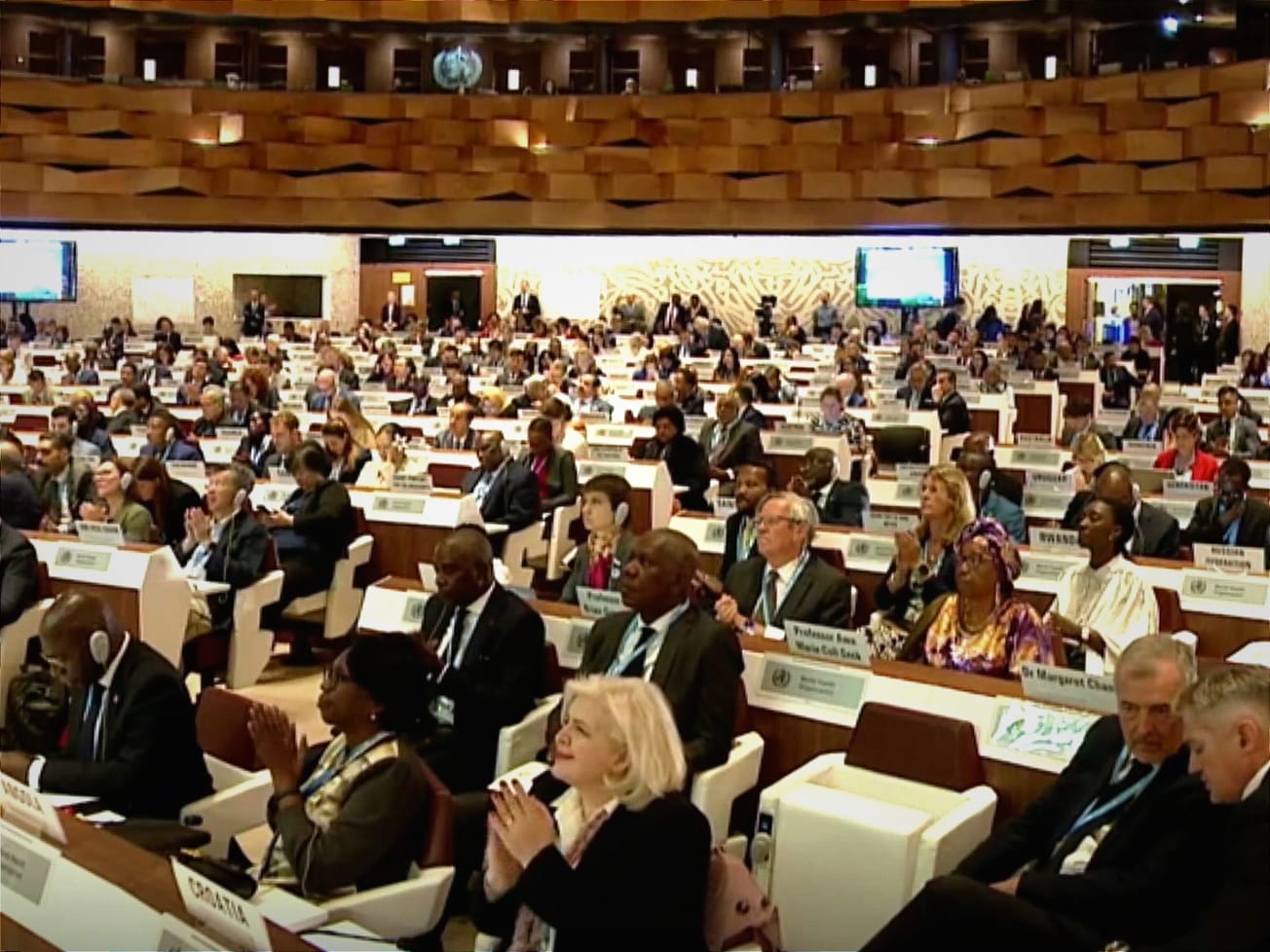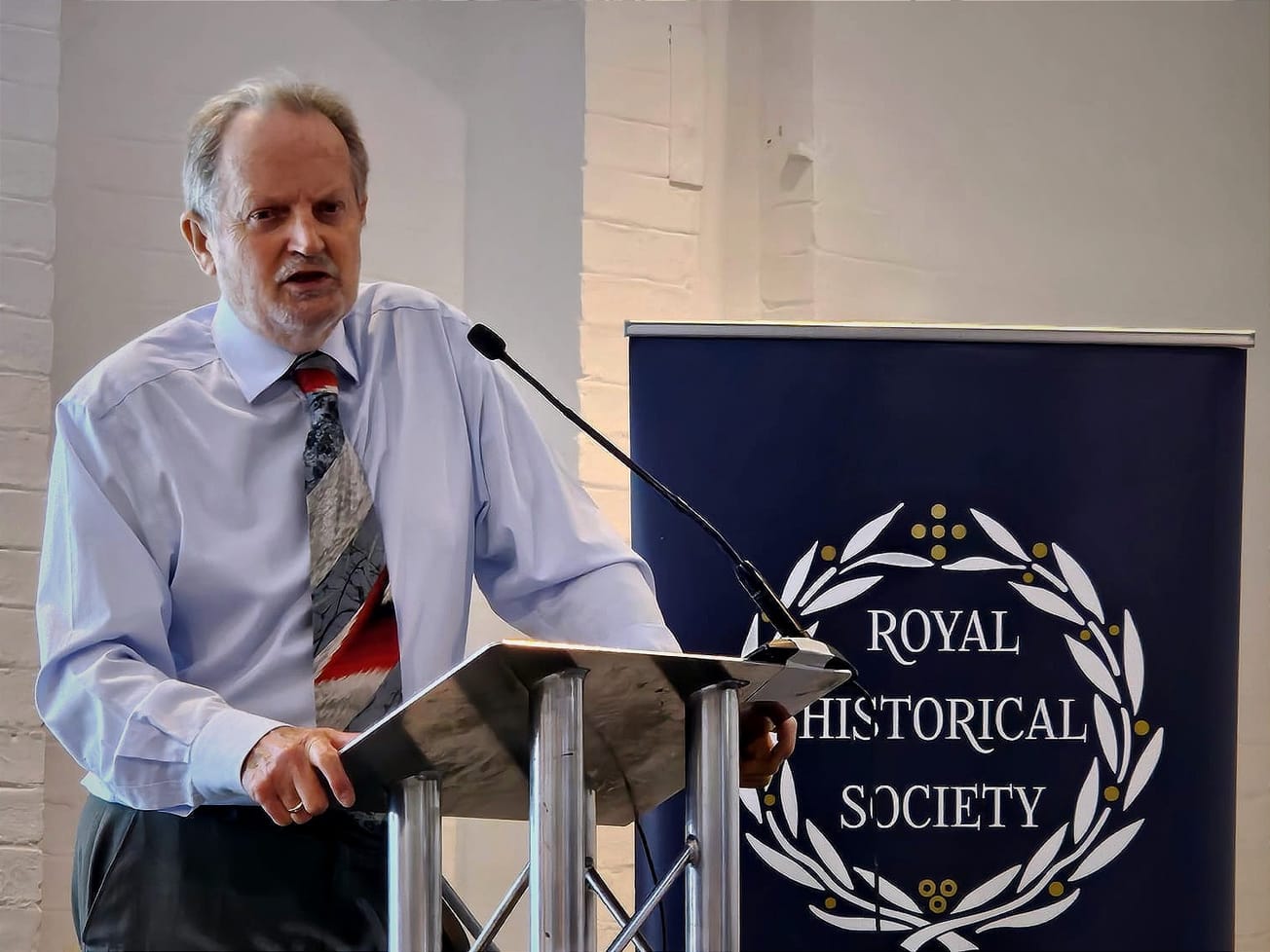The initial spread of the coronavirus among people most likely originated from an animal and not from a Chinese lab, World Health Organization-led scientists told a news conference on Tuesday.
The team of international and Chinese scientists told a highly anticipated press briefing from Wuhan, China, that they could not conclude whether the virus has jumped directly from an animal to humans or through an intermediary host such as a bamboo rat or pangolin, but it was "extremely unlikely" that it spread from an accident in a Chinese lab.








